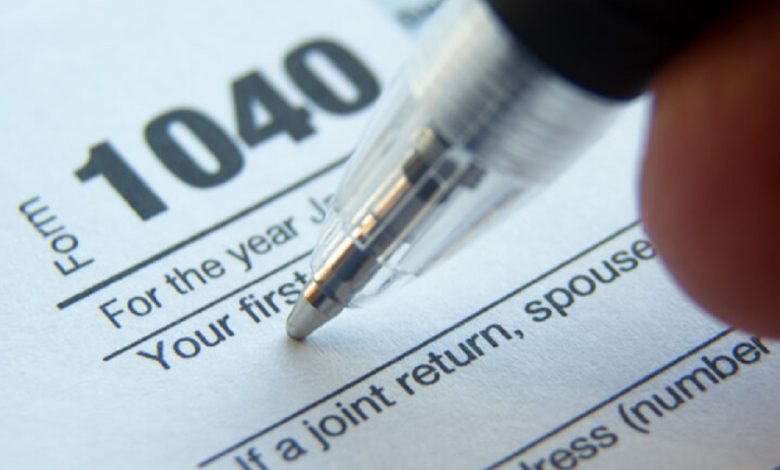Trump’s 2026 Tax Refund Law: Who Gains and Who Misses Out from the OBBBA Act
The One Big Beautiful Bill Act promises bigger tax refunds for millions of Americans in 2026 — but the biggest benefits go to retirees, businesses, and high-income earners.

Millions of Americans are expected to receive larger tax refunds in 2026, following the implementation of the “One Big Beautiful Bill Act” (OBBBA) signed by former President Donald Trump in July.
According to Newsweek, this law extends the tax cuts first introduced in 2017 but adds new retroactive changes that reshape how taxes are calculated for the 2025 fiscal year. The new legislation significantly alters the U.S. tax landscape for 2026, but the benefits are unevenly distributed — while some Americans may receive thousands of dollars in refunds, others will see only modest gains.
A new report from Oxford Economics indicates that most of the new benefits will apply retroactively, with refund amounts ranging from hundreds to tens of thousands of dollars, depending on each taxpayer’s financial situation.
CBO Projects $24 Billion in Tax Cuts as Experts Warn of Limited Economic Boost
The Congressional Budget Office (CBO) estimates total tax cuts of $24 billion for fiscal year 2025, while the updated withholding tables will take effect for most taxpayers next year.
Additionally, retirees will enjoy expanded deductions, with those aged 65 and older eligible for additional write-offs between $6,000 and $12,000. Business owners will also be allowed to fully deduct qualifying purchases, reducing their taxable income.
Although these changes could lower overall tax bills by up to $50 billion, experts say the impact on consumer spending will likely remain limited, since higher-income households tend to save rather than spend the extra cash.
Some analysts have described these refunds as a “subtle political stimulus”, giving Americans a sense of financial relief in April 2026, even though the payments are essentially corrections from the previous year’s tax adjustments.

Who Benefits the Most?
-
High-income earners: Stand to gain the most from expanded SALT deductions and refunds on excess income.
-
Retirees: Benefit from enhanced deductions, easing their tax burden.
-
Business owners: Receive significant refunds due to new depreciation and expense rules.
-
Low-income earners: See limited increases, in some cases as little as $150.



